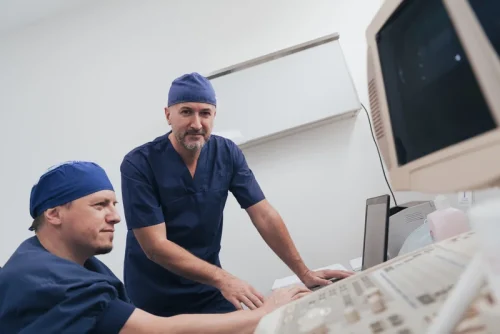You would most likely not be mad that friend of loved one had cancer, but you can be upset that they have opted to not follow any of the doctors orders. Support groups, such as Sex and Love Addicts Anonymous (SLAA), offer a community-based approach to recovery. These 12-step programs provide a structured path to healing and the opportunity to connect with others who are facing similar challenges.
Why we should try to understand the underlying demons of the addict.
- These attachment patterns can create a fertile ground for love addiction to take root, as individuals desperately seek the love and validation they may have lacked in childhood.
- When it comes to substance use disorder, detachment may involve setting clear boundaries and ceasing to take responsibility for someone else’s behavior.
- The fact that someone has started treatment does not mean they have decided to quit.
- Whether love addiction should be classified as an actual mental health condition is up for debate.
- You just happen to love someone who is probably going to need professional treatment to get healthy again.
- Addiction is a disease that can wreak havoc on a person’s life — including the people closest to them.
- You also don’t have to make their addiction the main focus of every conversation you have.
By triggering the brain’s reward systems, being around that person generates feelings of euphoria and excitement—an experience your brain then urges you to keep seeking out. Love addiction is characterized by obsession, compulsive behaviors, anxiety, and negative life consequences as a result of romantic interest. Although it was first discussed in the 1970s, it has not been well studied. Although “love addiction” is not formally recognized as a mental illness, some — but not all — neuroscientists and psychologists have said it can be just as powerful as other forms of addiction. Here are a few possible treatments for love addiction that may support your recovery.
What Is Love Addiction?

Addiction not only involves the individual suffering from the substance use disorder, but their partner, their family, and their friends as well. Finally, when you’re exploring how to let go of an addict you love, as hard as it may be you have to loving an addict let go of fear. Loving an addict often means that you’re plagued with constant fear, and that can lead you to feel depressed or hopeless. You have to try and work on letting go of those feelings and taking care of yourself while moving forward.

Symptoms of Substance Use Disorders
I never went camping when all my acquaintances did—basically, I had no friends. From 1977 to 1982, ages 9 to 14, I lived through five Boston winters, walking up to two miles to school without proper winter clothes. My mother was emotionally absent, but it was my father who was responsible for all this because of the insidious control of alcohol and his own meanness. While we lived in poverty, he once flew to Ireland on the Concord.
Do Understand They’ll Need Outside Help

For instance, people often use the word “clean” to describe someone drug-free. However, the use of this word implies that a person with addiction is “dirty” when using drugs. https://ecosoberhouse.com/ You can accept a person with addiction without accepting their behavior. Even if you disagree with what they are doing or saying, it’s important to withhold judgment.
How addiction can affect a household
- Many family members of someone struggling with alcohol dependency try everything they can think of to get their loved one to stop drinking.
- If you have a loved one who battles addiction, you know firsthand the painful price of your love.
- You likely feel infinitely helpless as you watch someone you care for battle this stubborn opponent.
- No medications treat this condition specifically, although some research shows that antidepressants and mood stabilizers might help with symptoms of obsession and impulsivity in some situations.
